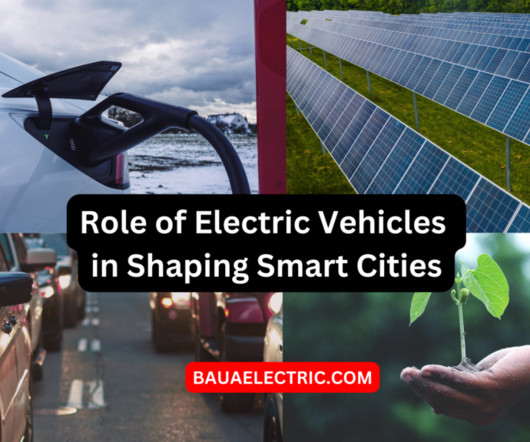Report Finds That Urgent Changes in Transport Financing Required to Enable More Sustainable Transportation Globally
Green Car Congress
AUGUST 23, 2010
The report, A Paradigm Shift Towards Sustainable Low Carbon Transport , finds that more than $1.5 Transportation is central to the social and economic activity of people across the world. Transport is also typically responsible for around 80% of developing cities' local air pollution and more than 1.3











Let's personalize your content